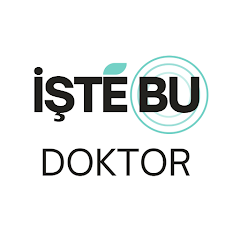The effect of different ınduction therapies on graft functions in renal transplantation
Introduction: Rejection and delayed graft function (DGF) are frequent problems after renal transplant. The use of induction therapies increases graft survival and reduces acute rejection frequency. Here, we wanted to see one-year outcomes of patients who did not receive induction therapy and those who received basiliximab or anti-thymocyte globulin (rabbit) (rATG). Patients and Methods: 741 renal transplant recipients were divided into 3 groups: 223 patients who received rATG, 213 who received basiliximab, and 305 patients who did not receive any induction therapy. Patients’ demographic characteristics, ischemia times, creatinine levels, presence of DGF and acute rejection were studied. Results: 35.6% (n=264) of the patients were female and 64.4% (n=477) were male; their ages were 4 to 72 years. During follow-up, 27 (3.6%) patients had DGF and 152 (20.5%) had acute rejection. There was no difference in DGF and rejection between the 3 groups. Conclusion: Although there wasn’t statistically difference in DGF, acute rejection, or 1- year creatinine levels between groups, the rATG group had higher hemodialysis rate, longer dialysis time, lower rate of preemptive transplantation, and lower mean age. Keywords: Delayed graft function, Ind

